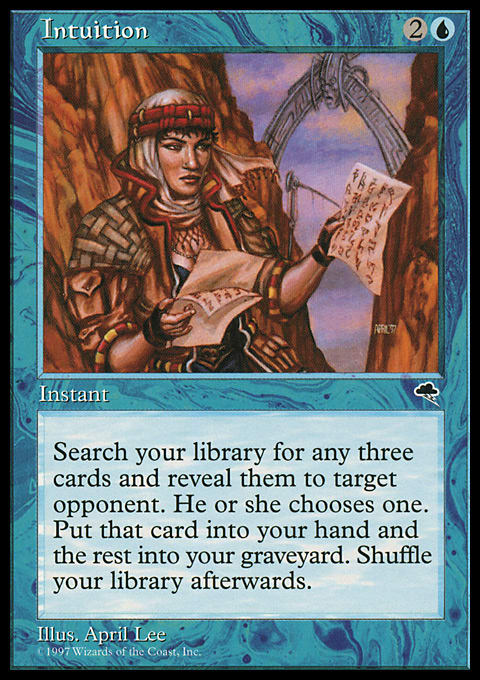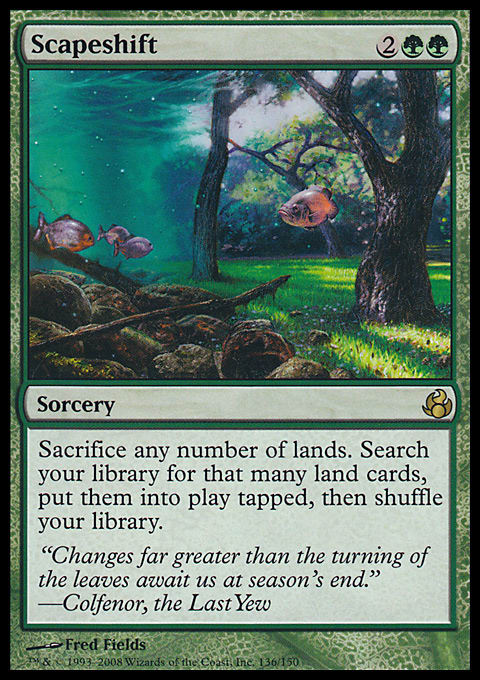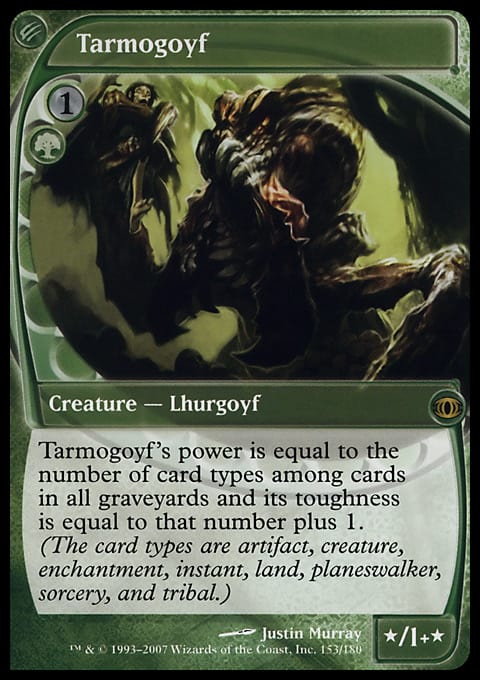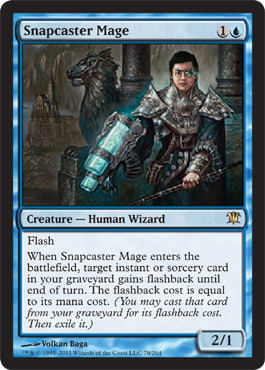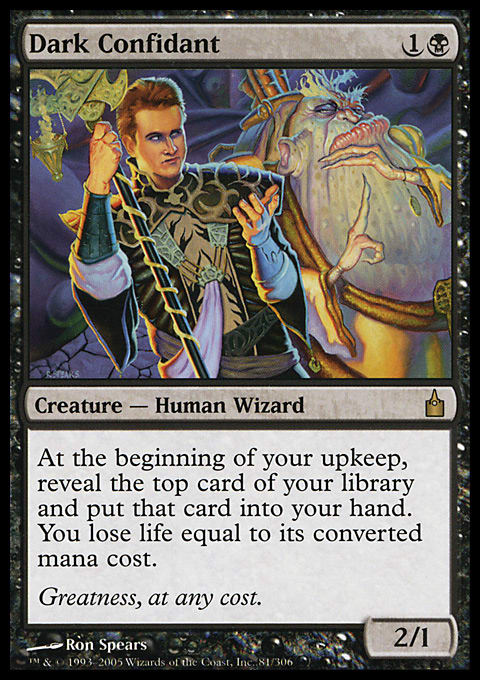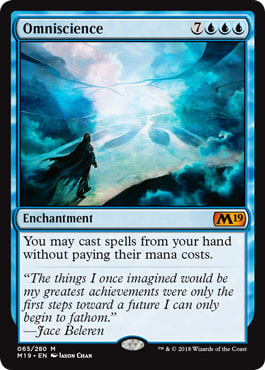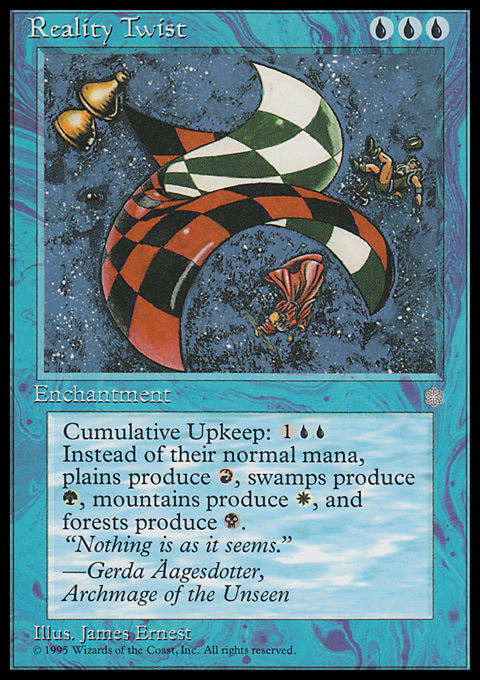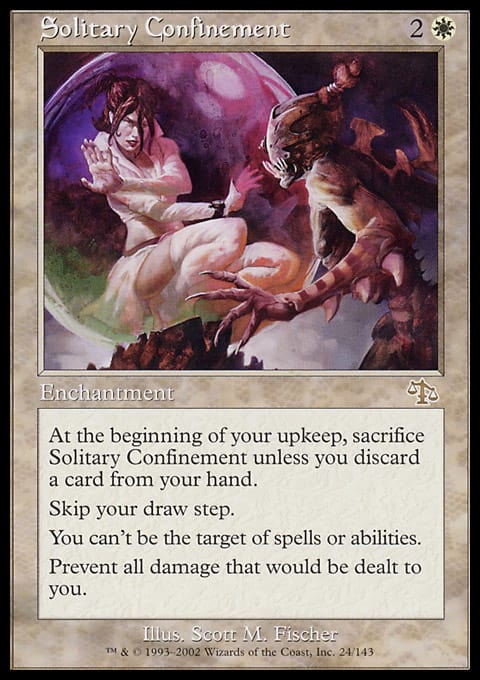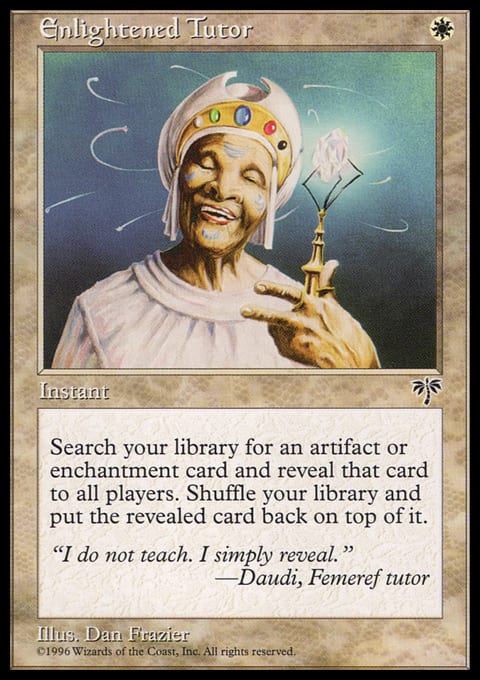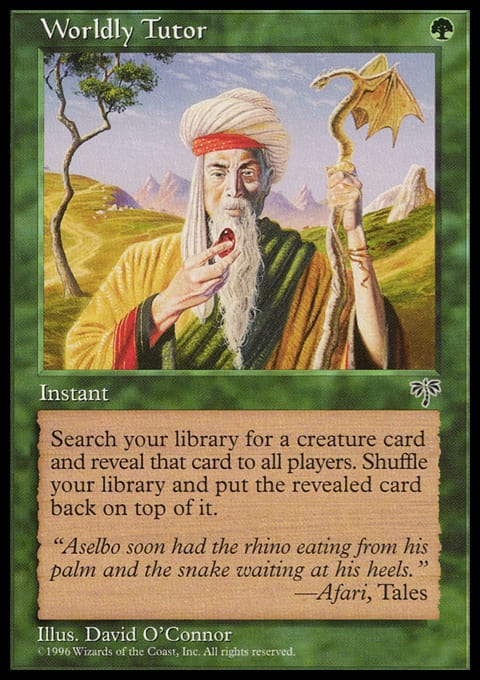Last week I published an article that explored several important Magic topics and how Magic's ultimate fate is connected to them.
I respect that dense information is not always the most efficient for communicating or disseminating information, however hopefully accurate the framework. To combat this tendency, this is a related article that will take the crucial information from the previous piece and present it in a more digestible way. Between the two publications, I hope that both quick skimmers and deliberate readers can find the right combination of each to get them thinking and discussing the material with others in a productive way.
Lastly, I'd like to thank those who engaged with others, and with me, regarding the article.
Terminology
Though some of these terms are used in non-Magic contexts, all of the definitions here will be given with the understanding that Magic is our focus.
Intuition is Incorrect
Intuition - The often incorrect feeling that one's beliefs or desires are reflective of a greater, more complete reality than actually exists.
Play-testing - Any Magic game where the goal is having one's Magic intuitions made less inaccurate. This is used colloquially by players to reference games played when preparing for a given event.
Notes: Assuming you gain accurate and useful information, you could feasibly include reading articles or listening to podcasts as play-testing. There are many activities and exercises that better serve competitive results than traditional play-testing. We may as well consider meditation play-testing.
Conversational Reductionism - The modern tendency for people to use a combination of fast oversimplification and/or dismissal to avoid productive connection or interaction, especially of an intellectual variety. It is a common characteristic of information exchange on the internet.
Examples: "That card is so bad." "I'm a control player." "That format sucks."
Environmental Intuition - The illusion that games of Magic played in certain environments are different from games of Magic in other environments.
Favoritism Intuition - The compulsion of a person to favor outcomes that best align with their own interests as long as there is no greater evidence that someone else's interests should be favored.
Notes: This isn't to be considered necessarily unethical.
Fatalism Intuition - The tendency for invested players to forecast Magic's end as a result of relatively small or inconsequential changes.
Examples: Sixth Edition rules changes, Magic 2010 rules changes, planeswalkers, The Reserved List, planeswalker points.
Meritocracy Intuition - The idea that Magic tournaments are a strong indicator of objectively evaluating and ranking the abilities of Magic players; similarly, it could also describe the idea that the arrangements of Magic institutions are a strong indicator of evaluating and ranking the abilities of the individuals that make up that institution. (See also: The Dunning-Krugar Effect.)
G.O.A.T. Intuition or "Greatest of All Time" Intuition - The misconception that one can accurately evaluate the entirety of a category of things without having examined all possible candidates of that thing.
Examples: The Grammys, The Pro Tour, The Oscars.
Control Intuition - The personal illusion that one has more control over their circumstances than they actually do.
Notes: Questions to ask: What language do I speak? Did I choose my parents? What is my religion? How did I get my current job? What country was I born in? How far from there do I live now? What are my genetics?
Determinism - The philosophical view that everything is predetermined and that no one has any control over their circumstances.
Notes: I believe this view is a mistake.
The Dunning-Kruger Effect - A well-known psychological phenomenon wherein one's intuitions about their own abilities are exaggerated due to a reliance on other inaccurate intuitions about themselves and others. (See also The Meritocracy Intuition.)
Inconsistent Methodology - The self-defining connection between continual change in professional Magic criteria and lessened credibility.
Examples: Planeswalker points, World Champions not being able to defend the following year, different criterion at different times and in different places.
Dishonest Play - Any action made by a player that attempts to circumvent the goal of determining a winner by in-game actions.
Notes: I consider bluffing, angle shooting, and intentional gestures to be in-game actions.
Existential Threats to Magic
Power Creep - The tendency for cards to get more powerful as Magic progresses in age in order to make the game continually more marketable at the cost of longevity. It is viewed as an existential threat to Magic.
Notes: I do not believe in power creep in any pragmatic sense. A future article will address this.
Complexity Creep - The tendency for cards to increase Magic's rules complexity due to the inherent nature of increasing the number of different cards and mechanics. It is viewed as an existential threat to Magic.
Notes: Complexity creep is real, but it is not an existential threat to Magic. A future article will address this.
Bubble Creep - The process wherein institutions become more increasingly culturally homogenized. I coined it in my last article; it is Magic's greatest existential threat.
Notes: Conceptually, any number of institutions and systems could be consumed with varying amounts of bubble creep. Governments, academic institutions, and game stores are reasonable examples. Within Magic, the most dangerous institutions to demonstrate it would be: Design and Development at Wizards of the Coast, large distributors, large retailers, arbiters of professional Magic, and Magic content and media. The preservation of Magic depends on perspective diversity in all of these areas.
Insularity - The direct factor scaling the extent to which Bubble Creep is present in an organization or system.
Magic's Maximum Potential
Reach - The ability of Magic to be "bigger than the box," that is, to transcend the elements of gameplay into other realms of life for which Magic games are not intrinsic. Examples are: cosplay, podcasting, article content, local game communities, relationships between players, and countless others.
Notes: Richard Garfield was the first to describe Magic as "bigger than the box," a demonstration that it has been communal and cultural since its inception.
Emergence - A new way to play Magic or a new means of reach for Magic. A new instance of Magic being "bigger than the box."
Notes: Commander is the most important and well-known example of an exclusively Magic emergence.
Necessity Rule - The tendency for lasting Magic emergences to be solutions to a specific problem.
Examples: Modern is a high-powered format for players who cannot access Vintage or Legacy. Cube is a way to preserve Magic cards and curate a Limited format while still investing in the game in an honest way.
Summary
Intuitions are incredibly unreliable. Our intuitions don't show us the air we breathe, the smallness of ourselves in space, or the atoms and quantum mechanical pieces that we're composed of, but they're nevertheless real. In Magic culture, a number of similarly counterintuitive realities betray our intuitions, depending on how we interact with the game. Players presuming self-importance for their player demographic is a form of bubble creep.
Bubble creep, not power creep or complexity creep, is Magic's greatest existential threat. To prevent bubble creep, environments need to encourage a proliferation of different ideas or perspectives. Insularity contributes to a sort of cultural idea rot, and this is to be avoided.
Professional Magic can be a respectable pursuit without being a misunderstood lie. We should accept winners at face value and no further. They are to be conditionally revered, respected if honest and disavowed if dishonest. Certainty of either isn't a prerequisite for this.
My next article will look at power creep in more detail, as well as visit complexity creep and bubble creep in new detail.
I am a voluntary opt out on most social media platforms. Please share this work on my behalf if you enjoy or endorse it.
















